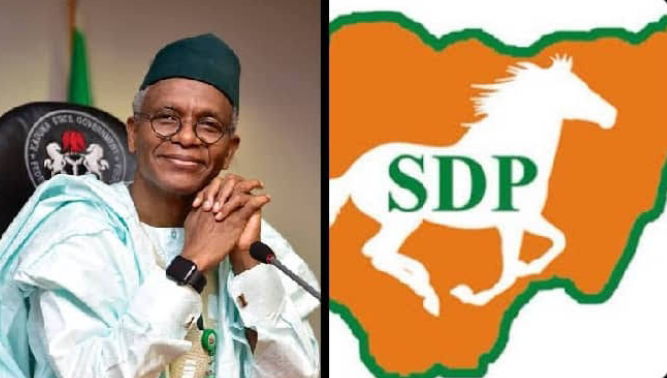Nigeria: one month to go until the presidential election
Published on 2023 January 23, Monday Back to articles
Labour Party’s presidential candidate Peter Obi at Chatham House – January 2023
Two prominent lawyers have separately raised concerns about two sections of the Electoral Act which could jeopardise the February 2023 presidential elections. The first provision is Section 65 which gives the returning officer up to seven days to review the election results in a particular polling station and overturn them. It appears to have granted the election official unilateral authority that is typically reserved for the courts.
Then there is Section 134 which appears to contain ambiguous requirements for a candidate to be declared the winner of the presidential election. It is currently unclear whether he or she must win: a majority of votes and a quarter of the votes cast in only 24 states only; or win a quarter of the votes in 24 states and the Federal Capital Territory (FCT); or a quarter of the votes in the FCT even if he or she has 25% of the votes in all the states. A lawyer wrote to the Independent National Electoral Commission (INEC) requesting that this section should be clarified in order to avoid post-election confusion.
While attorneys argue over the legal technicalities that will serve as the foundation for next month’s election, candidates are on the campaign trail attempting to woo voters. The Labour Party’s Peter Obi presentation of his ideas at London’s Chatham House think-tank on 16 January boosted his campaign. His supporters have claimed that he performed significantly better than the All Progressives Congress’ (APC) Bola Ahmed Tinubu who spoke at the same venue on 5 December. Obi has also attracted sizable crowds in the North as he campaigns in the region which demonstrates that, with a month to go until the vote, he remains a formidable candidate but there are still challenges.
A senior member of Tinubu’s presidential campaign council announced her resignation from the campaign because of unspecified recent developments in the country. She is about the third council member from the North to resign from the campaign which reinforces the perception that there some senior party officials in the region who are uncomfortable with Tinubu’s candidacy. Nonetheless, President Muhammadu Buhari is set to join him in about six campaign rallies in a bid to boost Tinubu’s candidacy.
Meanwhile the main opposition Peoples Democratic Party (PDP) continues to struggle with its internal divisions which have hampered Atiku Abubakar’s presidential election campaign. It announced the suspension of a number of PDP members for anti-party activities but the five rebel PDP governors — led by Rivers State’s Nyesom Wike — have continued to shun its campaigns.
There are concerns that millions of internally displaced people (IDPs) in the North may not be able to vote in the forthcoming elections. This is especially true for those who have been displaced in the Northwest and have relocated to communities where they are not registered to vote rather than in formal camps that have been established by the government and aid agencies for IDPs. It is still unclear how this will affect the overall number of voters in the Northwest but the impact could be significant.
This excerpt is taken from our Nigeria Politics & Security weekly intelligence report. Click here to receive a free sample copy. Contact info@menas.co.uk for subscription details.


